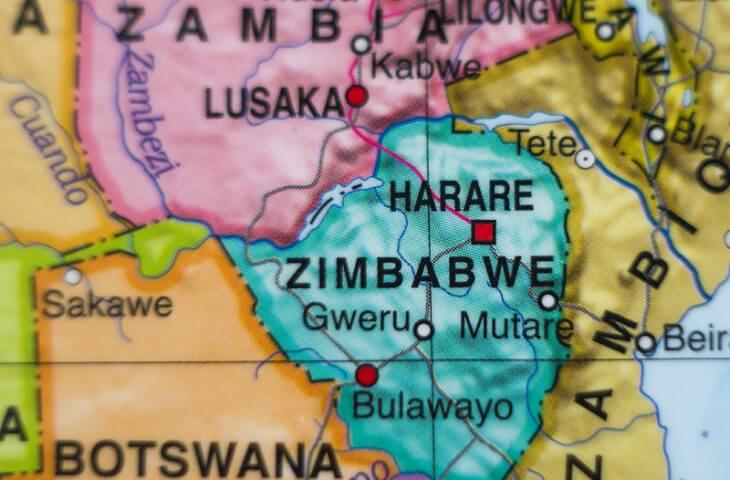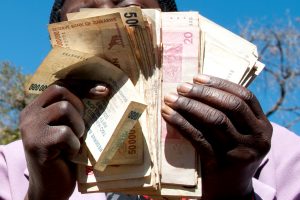
A pilot program funded by the Dash treasury system called KuvaCash seeks to bring the cryptocurrency to Zimbabwe in response to the growing demand for cryptocurrencies and alternative means to store value and make payments.
Set to commence in Q2 of 2018, KuvaCash will introduce the first peer-to-peer localized cryptocurrency payment service to allow residents to exchange their digital currency into USD at any time, reducing transaction fees, and providing liquidity.
A free mobile app will be made available to locals, enabling them to trade, exchange to and from USD, as well as make mobile payments and top-ups. The initial launch will service agents that will facilitate the infrastructure on the ground, ensuring physical kiosks are available for Zimbabweans looking to opt for a supplementary method of payment.
Ryan Taylor, CEO of Dash Core, said that if the pilot in Zimbabwe is found to be successful, a reference roadmap will be created to implement the model to other markets that are suffering from hyperinflation and volatile economic conditions.

A decade ago, hyperinflation in Zimbabwe wiped out personal savings, left shops empty and made it all but impossible to buy a tank of petrol or groceries.
Inflation peaked at 500 billion percent before the national currency was abandoned in favor of the US dollar, and the economy never recovered.
The resignation of Zimbabwe’s President Robert Mugabe today ushered in a new era for Zimbabwe. Mugabe presided for 37 years over the deepening economic crisis in Zimbabwe, where people are on average 15% poorer now than they were in 1980.
The political instability as well as the fear that hyperinflation could wipe out the value of citizens’ savings have led many Zimbabweans to turn to bitcoin. Demand for the cryptocurrency has surged in recent weeks, resulting in a meteoric rise of the price of bitcoin in Zimbabwe, which has been trading at up to US$13,000 on Golix, the country’s primary bitcoin exchange, a 50% premium compared with bitcoin’s global price of around US$8,000.
Commenting on the current situation in Zimbabwe, KuvaCash’s finance and technology director Andreiko Kerdemelidis said:
“The informal economy has US dollars in circulation, but they are no longer being managed by banks and are physically quite dirty. People are scrubbing bills and hanging them up on clotheslines to dry, selling the cleaner bills at a 10-20% markup.
“The bonds the Zimbabwean government introduced in 2009 (pegged against the USD at a 1:1 exchange rate) are a stopgap measure. We don’t know what the long-term plan is for these notes but it is fair to say that Zimbabweans currently prefer USD bills to extant mobile-phone based payment solutions or bond notes.”
Kerdemelidis said that the KuvaCash project aims to introduce Dash to the nation and provide Dash-based cryptocurrency services in Zimbabwe in response to the current cash crisis and growing demand for alternative means to store value and make payments.
“KuvaCash will give locals an ideal alternative to improve their ability to do business and buy everyday goods and services without hassle, overpaying on fees, and using secondary markets,” he said.
KuvaCash said it will be pursuing a money exchange and remittance license in Zimbabwe. The project is expected to receive government and reserve bank backing.

